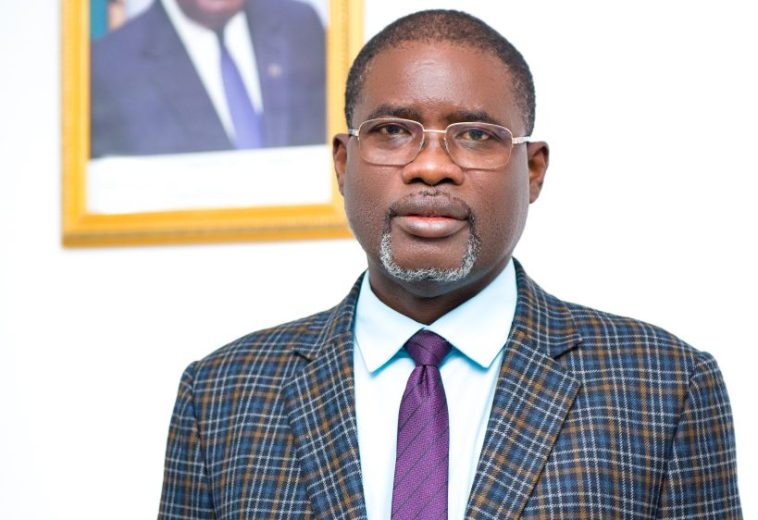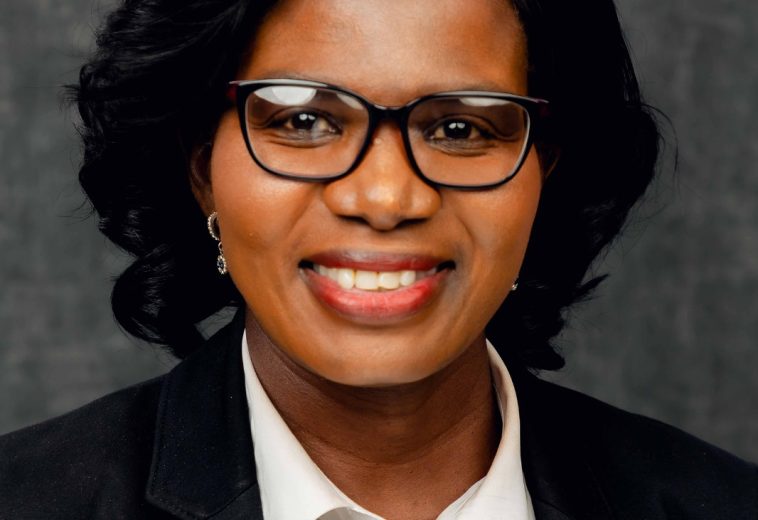Everyone agrees that education is an essential human right and a major force behind social and economic advancement. Unfortunately, access to high-quality education is still restricted in many African countries, which makes it more difficult to achieve sustainable development objectives. Strategic interventions that fortify education systems, guarantee fair access, enhance learning outcomes, and promote opportunities for lifelong learning for all are crucial in addressing this dilemma. The best practices for improving African educational systems will be discussed in this article, along with data and real-world examples to show how they work.
Investing in Resources and Infrastructure
Creating a conducive learning environment and facilitating efficient teaching and learning techniques depend on the development of infrastructure. Sadly, a lot of African schools lack basic amenities like classrooms, libraries, and restrooms, which makes it more difficult to provide high-quality instruction. With only 25% of schools having access to appropriate sanitation, Sub-Saharan Africa has the lowest proportion of access to basic sanitation facilities in schools, according to UNESCO.
Governments and other stakeholders need to give infrastructure investment in education top priority in order to solve this issue. Through its “One Laptop per Child” program, for instance, Rwanda has significantly improved the infrastructure of education by aiming to give a laptop to every primary school student. Furthermore, programs like the Global Partnership for Education (GPE) offer financial support and technical help to low-income African nations in order to encourage the development of their infrastructure.
Improving Teacher Quality and Training
As the backbone of the educational system, teachers are crucial in determining the experiences and results of students’ learning. However, a lack of qualified teachers, poor preparation, and insufficient enthusiasm are major issues facing many African nations. With an average of 42 students per teacher, Sub-Saharan Africa has the greatest teacher-to-student ratio in the world, according to UNESCO.
Investing in the recruitment, preparation, and professional development of teachers is crucial for the enhancement of educational systems. For instance, Ghana has instituted the Teacher Training Reform Program, which seeks to raise the standard of teacher preparation by means of curriculum modifications, better training centers, and increased development of pedagogical abilities.
In order to solve the teacher shortage and enhance educational outcomes, initiatives like Teach For All and Teach For Nigeria also seek out and prepare exceptional graduates to teach in underprivileged communities.
Encouraging Inclusive and Equitable Access
In many parts of Africa, getting a good education is still a major barrier, especially for marginalized groups including girls, kids with disabilities, and residents of rural or conflict-affected areas. In Sub-Saharan Africa, 32 million primary school-age children do not attend school, with girls being disproportionately affected, according to UNICEF.
It is crucial to give inclusive and equal access top priority in order to develop educational systems. As an illustration, Kenya’s Free Elementary Education Program, which eliminated school fees for elementary education, has led to a notable rise in enrolment rates.
Furthermore, programs like the Malala Fund help girls further their education by offering financial aid, mentoring opportunities, and lobbying to remove obstacles to enrollment and advancement.
Reforming and modernizing the curriculum is important because it helps students get the skills they need to succeed in the twenty-first century and shapes educational outcomes. Unfortunately, the curricula of many African nations are out of date, irrelevant, and do not provide students with the knowledge and abilities required for the workforce of today. Just 6% of African nations, according to the World Bank, have curricula that are current and pertinent to the demands of the labor market.
Comprehensive curriculum modernization and reform initiatives are crucial for fortifying educational systems.
For instance, curriculum changes have been made in South Africa with an emphasis on digital literacy, problem-solving, and critical thinking. Furthermore, programs like the Continental Education Strategy for Africa (CESA 16–25) of the African Union promote curricular changes that put an emphasis on relevance, quality, and lifelong learning.
Increasing Governance and Accountability
To guarantee the effective and transparent administration of educational institutions, strong governance and accountability frameworks are necessary. Nonetheless, a lot of African nations struggle with issues of corruption, incompetence, and opaque governance in the field of education. Transparency International claims that rampant corruption in the education system continues to undermine educational equity and quality in many African countries.
The promotion of good governance principles and the reinforcement of accountability measures are critical to the strengthening of education systems.
For instance, Uganda’s School Management Committees (SMCs) program gives local communities the authority to supervise school administration and keep an eye on resource utilization. Furthermore, programs like the Global Partnership for Education (GPE) encourage accountability and transparency in the funding of education by utilizing tools like performance-based grants and results-based financing.
In order to achieve social and economic advancement, combat poverty, and promote sustainable development, Africa’s educational systems must be strengthened. Education systems can be changed to offer top-notch instruction to all students by making investments in infrastructure and resources, improving teacher quality and training, encouraging inclusive and equitable access, modernizing curricula, and fortifying governance and accountability. Africa has enormous human potential that can be realized, and with political will, dedication, and teamwork, it can create a better future for future generations.


